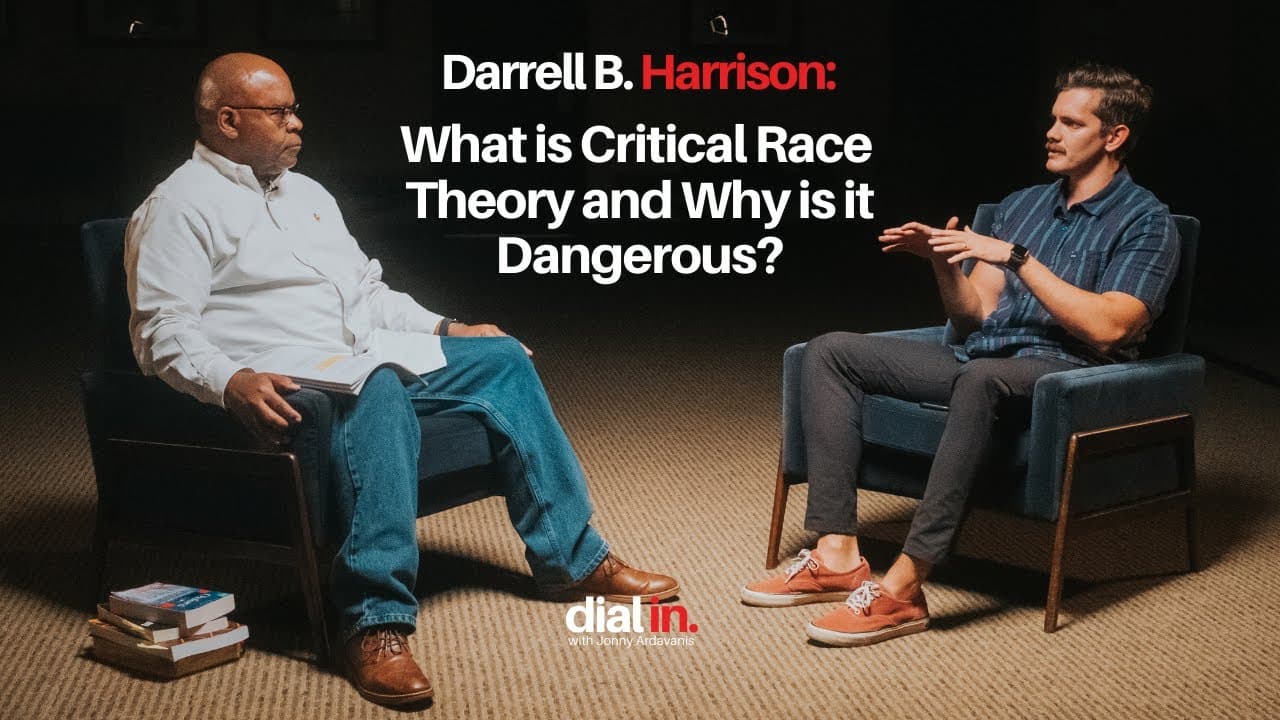Tweet Sparks Debate on Religious Identity, Race, and Critical Race Theory

A recent social media post by author and speaker Darrell B. Harrison has ignited discussion regarding the intersection of religious identity, race, and Critical Race Theory (CRT). In his tweet, Harrison asserted that Muslims globally are "leveraging the tenets of Critical Race Theory to garner preferential sociopolitical treatment by convincing people that ‘Muslim’ is a “race.”" He concluded by stating, "Needless to say, it’s not."
The core of the debate centers on the fundamental understanding of what constitutes a race versus a religious affiliation. Islam is widely recognized as a global religion, encompassing followers from diverse ethnic and racial backgrounds across the world. Demographically, Muslims represent a vast array of ancestries and physical characteristics, underscoring that Muslim identity is based on faith, not on a singular racial categorization.
Critical Race Theory, an academic framework, posits that race is a social construct rather than a biological reality, and it examines how this construct and systemic racism have shaped legal systems and societal structures. While CRT has expanded to consider the intersection of race with other identities like gender, class, and even religion, its foundational premise is the analysis of racial dynamics. Harrison, known for his Christian conservative perspective often shared on his "Just Thinking" podcast, has consistently expressed strong opposition to CRT, describing it as an ideology rooted in Marxist principles that he views as dangerous and contrary to biblical teachings.
His critique aligns with broader conservative arguments that CRT promotes division and misinterprets the nature of societal problems. The assertion that a religious group is attempting to redefine its identity as a race for sociopolitical gain highlights the contentious nature of these discussions, particularly when academic theories are applied to complex social and religious identities. The tweet underscores the ongoing complexities in contemporary discourse surrounding identity, social justice, and the interpretation of academic frameworks within public debate.